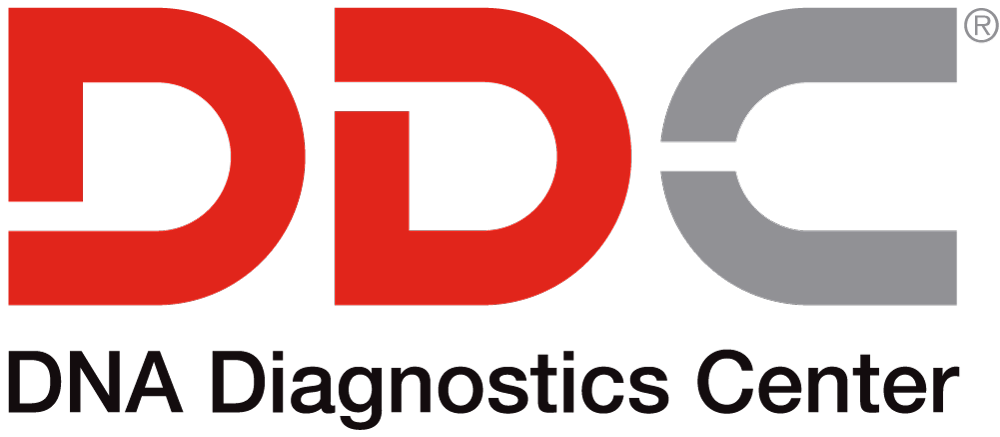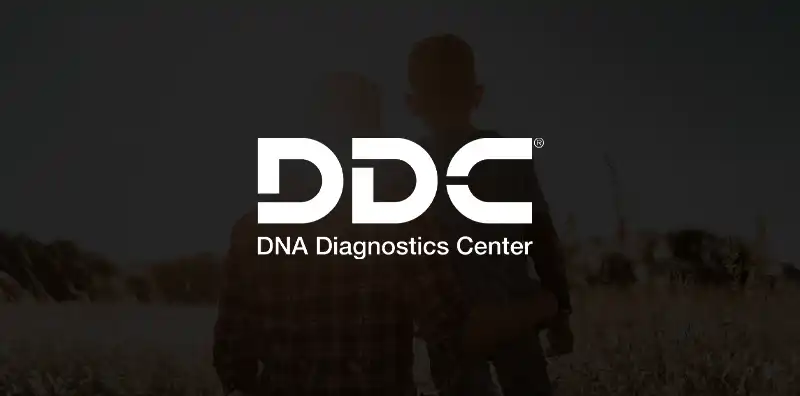APRIL 16, 2016
Paternity Testing: Twins With Different Fathers
Paternity DNA testing for twins presents unique challenges that require attention to additional details. Before beginning the DNA testing process on twins who may have different fathers, there are several factors to consider.
There are two possible scenarios when the paternity of a set of twins is in question, depending on whether the twins are Identical or Fraternal. Because Identical Twins have exactly the same DNA, they would therefore have the same father. (If it is unknown whether the twins are fraternal or identical, a Twin Zygosity Test can determine this.)
-
If paternity of the set of twins is in question and the twins are thought to be identical:
A DNA paternity test can be performed by comparing the twins’ DNA to the alleged father(s). It is recommended that the mother participate in the testing, but it is not required.
DDC strongly recommends that both twins participate in the paternity test for several reasons. First, taking a DNA sample from each twin will confirm that the twins are indeed fraternal or identical, because the DNA profiles generated for the twins during the testing process can be compared. Identical twins have the same DNA because a single sperm cell has fertilized one egg, which then splits into two. On the other hand, fraternal twins may have different DNA profiles because they come from two different eggs that have been fertilized by different sperm cells.
Additionally, if the paternity test results will be used for child support or other legal benefits, government agencies often require that both twins’ names appear on the report, and this is only possible if both twins are tested.
-
If paternity of the set of twins is in question and the twins are thought to be fraternal:
In the case of fraternal twins, a woman has ovulated more than once in a given month, thus releasing more than one egg. If this occurs and each egg is fertilized by sperm cells from the same man, fraternal twins are formed that have the same father.While extremely rare, it is possible that each egg is fertilized by sperm cells from two different men, thus forming twins with two different fathers, called bi-paternal twins. According to recent studies published by the National Institutes of Health, it is estimated that approximately 1 in 12 fraternal twin sets are bi-paternal, meaning that each twin has a different father (Note that fraternal twinning is a relatively rare event in itself—fraternal twins make up about 2% of the world’s population).
Each paternity test involving fraternal twins is unique, but the following steps present possible DNA testing scenarios:
-
Initially, it is necessary to test only the mother, alleged father(s) and both twins. This test can determine if the alleged father(s) is (are) biologically related to one twin, both twins, or neither twin. DDC recommends having all the alleged fathers participate in the initial DNA test, if possible (they can submit samples at the different appointments/times).
-
If the initial DNA test proves that an alleged father is related to only one of the twins, this means that the twins are bi-paternal. In the case of twins with different fathers, it is possible to perform another paternity test with a second alleged father.
-
If the initial test proves that the alleged father (s) is related to neither twin, the tested parties may choose to have another alleged father tested.
*Note: After the mother and each twin has provided a sample of their DNA through DDC’s chain of custody procedure, there is no need for them to have their cheek swabs taken repeatedly if additional testing is needed. In most cases where additional testing is required, there is enough DNA left from the original sample to perform the additional analysis, if the second test is performed within 90 days of the first test. Please call one of our paternity testing specialists now to discuss your case further and for our complete Twin Paternity Testing Fee Schedule.
SPEAK TO A DNA EXPERTAbout DNA Diagnostics Center (DDC)
DNA Diagnostic Center is the world leader in paternity and relationship testing. We serve healthcare professionals, government agencies, and individuals around the world to determine family relationships with trusted accuracy.
More Questions? Don’t hesitate to call us: we’re here to help!
CALL NOW





